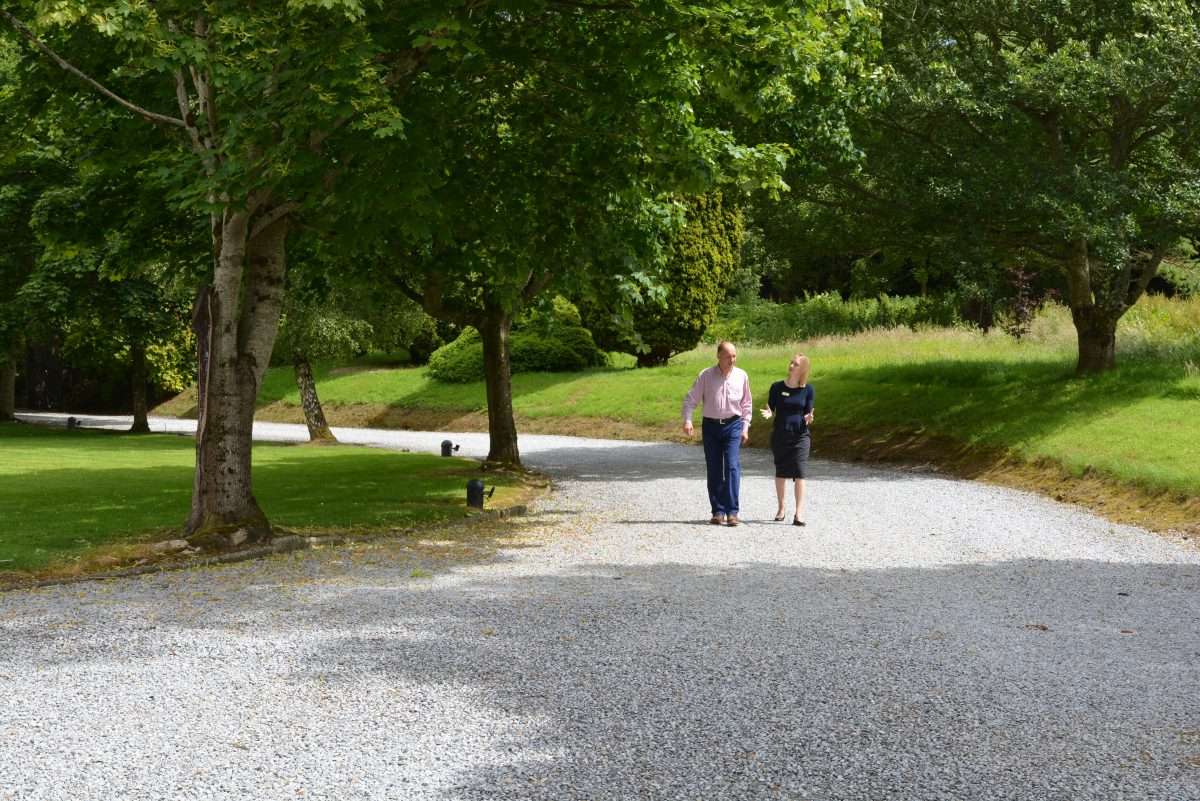
Smarmore Castle Drug & Alcohol Rehab
Today’s elderly drink more heavily than previous generations. Alcohol is the substance most likely to be abused by pensioners. Retirement is a big life change that can leave some feeling unfulfilled, bored or lonely.
Growing older is associated with the onset of several serious life changes such as loss of family and friends, and deteriorating health and loss of mobility. In response, some older people may turn to alcohol as a means of coping. However, this will only exacerbate feelings of loneliness and depression, as well as worsening health problems.
In the UK, alcohol is the second largest cause of premature deaths following tobacco, according to Public Health England.
Two Types of Older Drinkers
Elderly who abuse alcohol generally fall into one of two categories. Some elderly people began misusing alcohol when they were younger people and have continued since then. Others only begin to drink heavily on reaching retirement age or older.
In general, older drinkers tend to exhibit a different pattern of alcohol misuse than younger people. They usually drink smaller quantities, but more often. Official statistics indicate that although older people in the UK drink less units of alcohol than younger people, they are more likely to drink daily.

Reaching Out
The Dangers of Alcohol Misuse Among Elderly
The physical dangers of alcohol misuse are greater for elderly people. Changes in metabolism means that the body processes alcohol less efficiently, and incurs greater health costs in doing so. Tolerance also decreases with age meaning much less alcohol is needed to become intoxicated. If an elderly person continues to drink the same quantities as when they were younger, their drinking habits could quickly become problematic.
It can also be more difficult for an elderly person to receive a diagnosis of alcoholism. This is because medical professionals sometimes attribute problems resulting from alcohol misuse – such as insomnia, depression or dementia – to old age instead.
Prescription Drugs and Alcohol Misuse Among Over 65s
Elderly people may be prescribed drugs for various health problems. However, some are unaware of the effects of combining prescription drugs with alcohol. In some cases, alcohol can magnify the effects of these drugs, particularly sedatives. This can become very dangerous to the health of an elderly person.

Download our Brochure
Unrecognised Elderly Alcohol Misuse
In the UK, more elderly people receive treatment in hospital for alcohol related problems than younger people. However, in many cases these problems aren’t correctly attributed to alcohol misuse.
According to the Royal College of Physicians: “Perhaps up to 60% [of older people] who are admitted to hospital because of confusion, repeated falls at home, recurrent chest infections and heart failure, may have unrecognised alcohol problems. Some… are long-standing drinkers who have become old, others started drinking in old age… elderly widowers are the most vulnerable group.”
Residential Rehab for Elderly People with Addiction Problems at Smarmore Clinic
If you are an elderly person suffering with addiction problems, please call us now for help. Smarmore Castle’s admissions team can provide information about treatment options and how best to help a loved one with addiction issues. The earlier a problem is diagnosed and treated, the greater the chance of a full recovery.
Free & Confidential Addiction Assessment
Taking the first step in seeking help can be very difficult, our team is here to help you.
Smarmore Castle is one of Europe’s leading addiction rehab clinics, with internationally recognised standards of care. Our 12-step treatment programme combines detox, specialised addiction therapies and complementary therapies. Our centre is based within beautiful, countryside surroundings, and has excellent facilities including a gym and pool.
Our holistic approach to rehabilitation treats the patient’s body, mind and spiritual wellness. We adopt the same clinical model as Castle Craig Rehab, our partner establishment in Scotland, which has been successfully treating patients for over 30 years.
